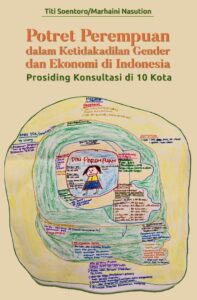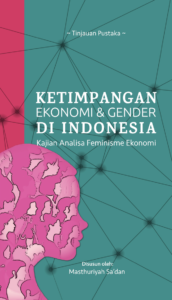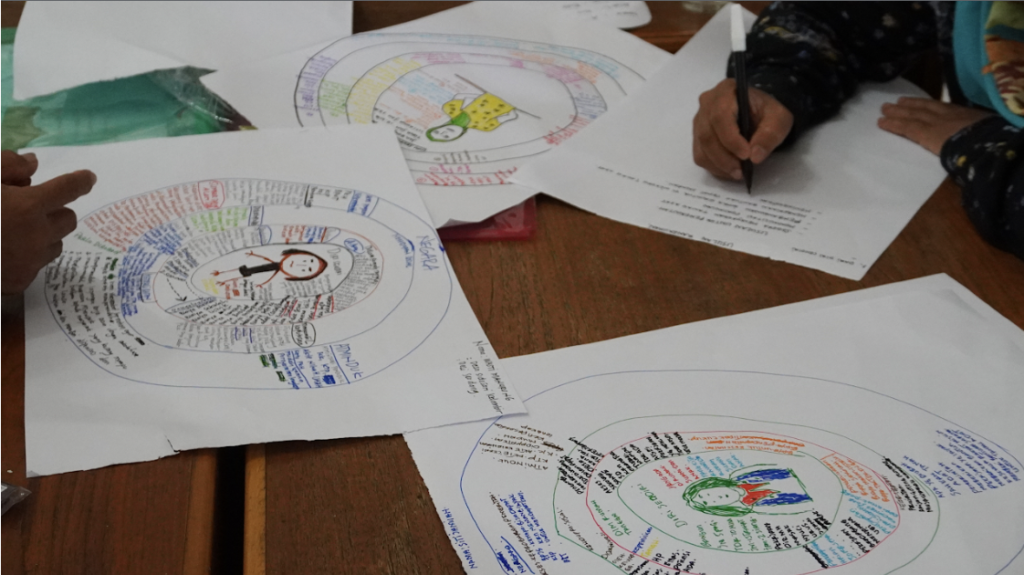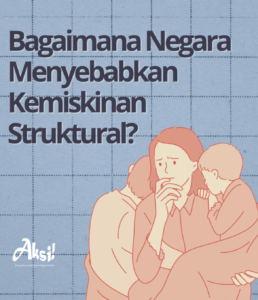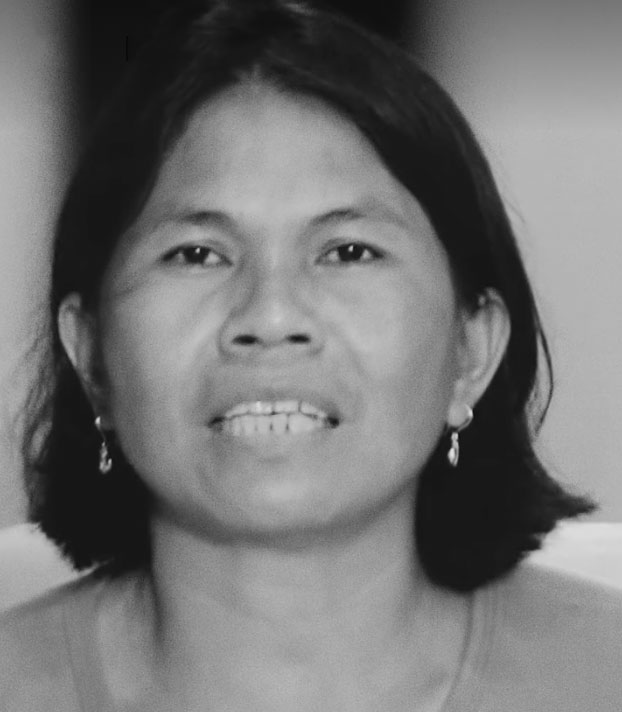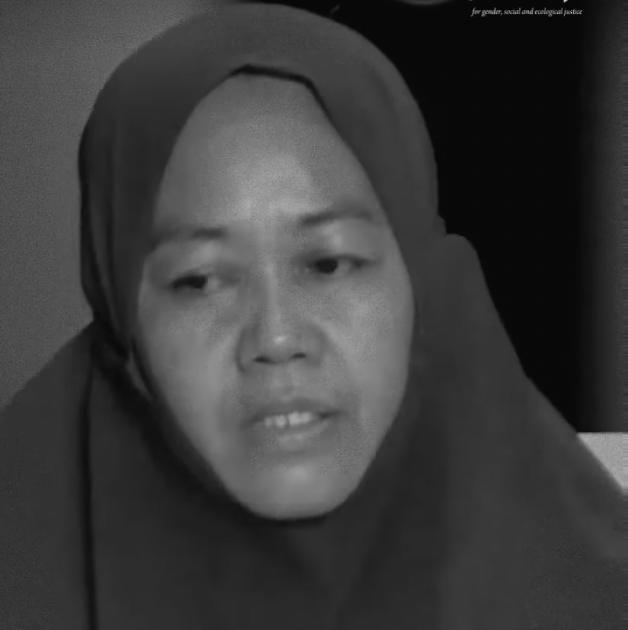From school books we know that forced cultivation systems were introduced by the Dutch colonial government through Governor General van den Bosch. Today, almost 200 years after that dark period, we seem to be able to witness it again on the land of Kalimantan through the Food Estate which is a National Strategic Project during the era of President Jokowi’s government.
As KPA Secretary General Dewi Sartika said, “if analyzed, the Food Estate system is actually similar to the forced cultivation system, so it can be concluded that Indonesia’s economic policies have returned to the era of colonialism.”



